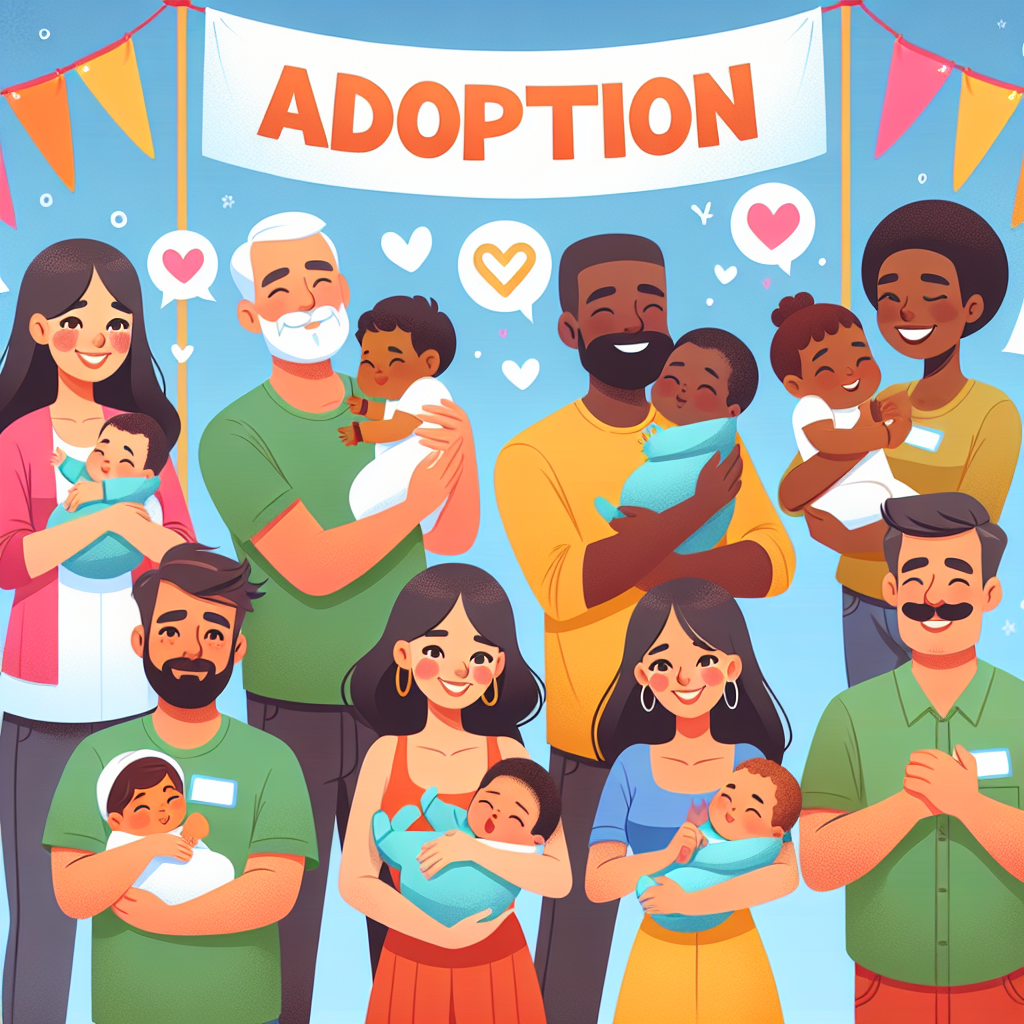Adoption Scandal: The Deception Behind the Baby Pipeline
The adoption system from South Korea, widespread in the 1980s, is under scrutiny for fraud and deceit. Adoptive families confront unsettling truths as new revelations expose falsified documents and coercion in the international baby trade. The fallout includes investigations and pleas for reform, as adoptees seek answers about their origins.

Adoption practices from South Korea in the 1980s are facing intense scrutiny following revelations of rampant fraud and deception. Peg Reif, who adopted a Korean child during this era, discovered that the system that helped create her family was plagued by unethical practices and falsified documents.
Recent investigative reports have exposed the extent of the misconduct, revealing that children were often misrepresented as abandoned and shipped abroad to meet Western adoption demands. This news has sparked widespread outrage and calls for reform within the international adoption community.
European countries have initiated investigations, but the United States has been slower to address its involvement. Adoptees are now seeking the truth of their origins, registering DNA to find biological relatives, as the system's deceitful nature becomes increasingly evident.
(With inputs from agencies.)










